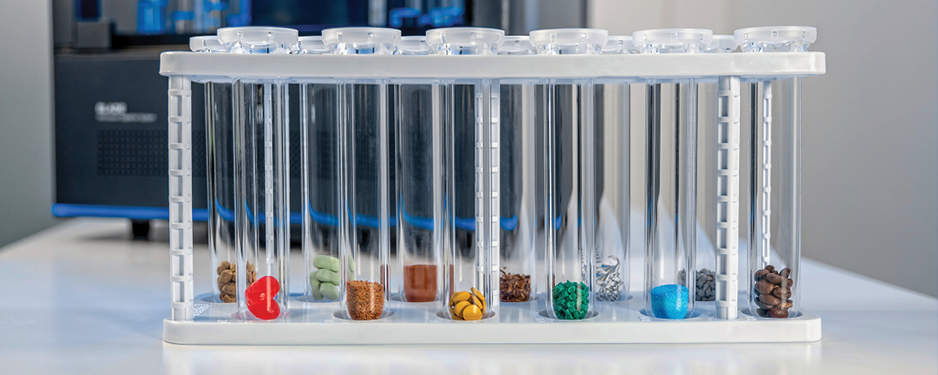

Upon the successful completion of this course, the participants will have an understanding of Principles and practices of the modern instrument’s technique
The course is of interest for any person working in any laboratory. The course for chemists, laboratory technicians, chemical engineers, instrument engineers and supervisors who work in laboratory
This interactive Training will be highly interactive, with opportunities to advance your opinions and ideas and will include;
Day 1: Spectroscopic Instrumental Analysis
Spectroscopic Instrumental Analysis
Day 2: UV-Vis Molecular Spectroscopy & X-RAY
Day 3: Atomic Absorption Spectroscopy (AAS)
Day 4: Inductively Coupled Plasma (ICP)
Day 5: Quality Control & Quality Assurance
Practical application and case study for trace metals analysis:
RECTUS attendance certificate will be issued to all attendees completing minimum of 80% of the total course duration
| Code | Date | Venue | Fees | Register |
|---|---|---|---|---|
| Lab102-01 | 22-03-2026 | Manama | USD 5450 | |
| Lab102-02 | 01-06-2026 | Indonesia | USD 5950 | |
| Lab102-03 | 06-09-2026 | Doha | USD 5450 | |
| Lab102-04 | 06-12-2026 | Dubai | USD 5450 |
Providing services with a high quality that are satisfying the requirements
Appling the specifications and legalizations to ensure the quality of service.
Best utilization of resources for continually improving the business activities.
BTS keen to selects highly technical instructors based on professional field experience
Since BTS was established, it considered a training partner for world class oil & gas institution
1st floor, Incubator Building- Masdar City - Abu Dhabi - United Arab Emirates
Sun to Fri 09:00 AM to 06:00 PM
Contact Us anytime!
Request Info